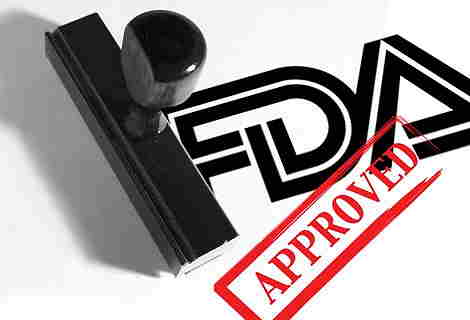
The Food and Drug Administration regulates policies that magnanimously govern and administer the food and drug industries, such as cosmetics and other health-care products, in a user-friendly format. Major threats are detected and prevented by the FDA to enhance public health effectively. The FDA also has the power to stop any enterprise from controlling its operations for the public need, if it senses a situation of malpractices penetrating its way to public health. However, along with being a "public-protecting" entity, it still has some certain impediments, that certainly make it a little critical to deal with. Listed below are some pros and cons related to the FDA and the way it works.
Strictness in the regulatory requirements
The FDA impulsively imposes a lot of restrictions over the regulatory requirements on the industries regulating the food and health care facilities to the public. There are some pros and cons to this type of mandatory restrictions.
PROS: The enterprises, involved in generating front-line products that affect the public directly, produce commodities that have enhanced qualities and concerns on their consumers. The enterprises, along with the FDA, work arduously to achieve an enhanced quality product generated for public welfare.
CONS: The strictness or the restrictions by the FDA are not seen favoring the enterprises. The main reason being, the process of scrutiny and tests that come along while implementing strict governance by the FDA. Another major factor contributing to the cons is the prolonged duration by the FDA for implementing these regulations.
The cost required by the enterprises and the industries to fulfill strong regulation
FDA mostly regulates stringent policies that might cost a fortune to some enterprises. These are the enterprises that cannot afford to bear the costs that tag along with the complex process of regulation.
PROS: To have quality and sound health care, the FDA demands the industries regulating the food and drug facilities for the public, to have highly effective and advanced technologies for processing and regulating their products for a standardized facility towards the public welfare. The advanced technology-enabled equipment maintains the regulation of healthy products in the market.
CONS: For the regulations implementing the high costs over tests and quality, most of the average budgeted brands find it difficult to adhere to these expensive regulatory requirements. As a result, they opt-out of fulfilling these regulations. The consequences for not following the regulatory requirements can be quite staggering as this would lead to the propagation of degraded quality products, impacting public health on a large scale.
Restricting the enterprises regularly to enhance and maintain the quality of products
Apart from the restrictions that the FDA imposes on installing the advanced technology equipment, it also restricts maintaining thorough quality research on the ingredients used in making their products. Who doesn't want to own a high-quality product to get a healthy life? And this is what the FDA promises by ensuring that the high-quality ingredient always results in a high-quality product.
PROS: Including ingredients that have better quality and are highly effective, will generate a better result in promoting public health at a very dignified level, this will not only prove to be effective for the people suffering from a chronic disease cure faster but, will also help the industry achieve a brand image and a public reputation. The FDA is entitled to regulate a quality product by guaranteeing thorough research on the quality of the ingredients.
CONS: The high-cost again becomes an agenda here. Not all companies can afford to regulate and maintain a quality ingredient in their product, as per the demand of the FDA's regulatory requirements. This again results in the average brands, opting-out from fulfilling the expensive demand by the FDA to invest expensive ingredients in their product. And as a result, we get to see and consume a degraded quality product, quite often.
The FDA might seem like a stringent entity that administers power and authority by imposing strict regulatory laws that govern the Food and Drug industries. Although the FDA might restrict the enterprises to use highly advanced technologies and ingredients to ensure the quality of the product, it sure does positively inflict and sway public health and hospital facilities on a very large scale.
Related Blogs
9 Ways of Unlocking the Power of Employee Engagement: Driving Success and Productivity in the Workplace
Transforming Payments: Introducing FedNow - The Future of Real-Time Transactions
Related Industries
FDA Compliance
Medical Devices
Clinical Research
Audit Webinar
HR Compliance
Banking and Finance
Hospital and Healthcare
Packaging and Labeling
Accounting, Payroll and Taxation
Food and beverages
Software
Miscellaneous
Pharmaceutical

